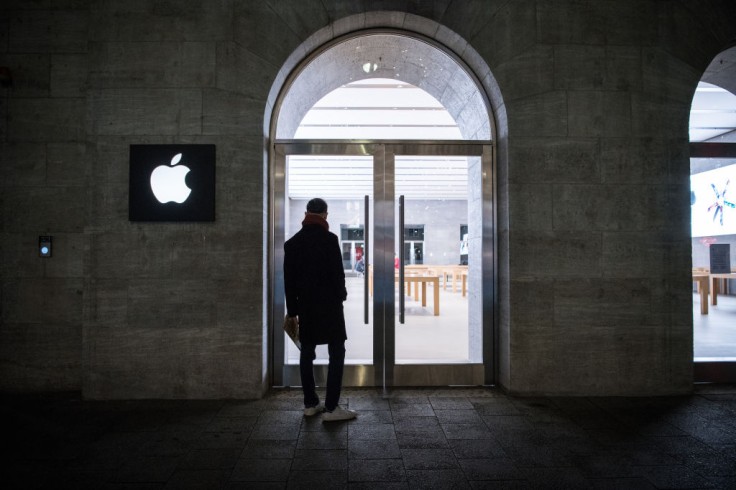
After months of scrutiny, Apple finally includes a section for antitrust risk on its proxy statement. As CNN Business noted, Apple enlists antitrust issues as one of the focus areas for its board of director's audit committee.
"Apple's Antitrust Compliance Officer is responsible for the development, review, and execution of Apple's Antitrust Compliance Program and regularly reports to the Audit Committee," the statement reads.
Released last Tuesday (1/5) ahead of Apple's annual shareholder meeting next month on February 23, the report reveals that the board is committed to discussing the risks with Apple's management. The decision came as regulators and policymakers are suppressing Big Tech's influence and power to avoid the economic downside of the monopoly practices among giant tech companies.
"These reports cover, among other matters, the alignment of the program with Apple's potential antitrust risks, and the effectiveness of the program's design in detecting and preventing antitrust issues and promoting compliance with laws and Apple policies."
End of an Era (?)
If things go south, Apple's antitrust fight could spell the end of iOS, especially its App Store ecosystem, as both Apple and Google are in the US and EU crosshairs.
Last May, the US Supreme Court allowed a class-action lawsuit against Apple regarding its App Store's monopolistic practices. Although the COurt did not move forward with any antitrust penalty at the time, the decision paved the way for potential antitrust in the future.
Any antitrust activity could create iOS platform users' issues more than Android since Android devices are capable of side-loading apps and obtaining them from third-party app stores.
Apple representatives are yet to make an official comment about the outcome.
Lawsuit Battles
The last few months haven't been good for Apple legal team as the tech giant is fighting several heavy lawsuit battles.
Last August, Epic Games, the creators of popular battle royale game "Fortnite," sued Apple for breaching antitrust policies. Epic Games introduced its very own in-app payment system for the game called "Fortnite Mega Drop," and things get a little hairy on mobile devices. As Gamespot reported, both Apple and Google collect a 30% fee from in-game transactions on their platforms, and this brand-new third party app could potentially hurt their revenue.
To put it merely, Epic Game seeks to force Apple to allow third-party app stores on iPhone and iPad devices.
"Apple has become what it once railed against: the behemoth seeking to control markets, block competition, and stifle innovation. Apple is bigger, more powerful, more entrenched, and more pernicious than the monopolists of yesteryear. At a market cap of nearly $2 trillion, Apple's size and reach far exceeds that of any technology monopolist in history," the lawsuit passage reads.
Things escalated even worse when Apple decided to remove "Fortnite" from the App Store, and Google quickly followed it.
Related article: How to Spot Deepfake Images and Video in 5 Simple Steps









